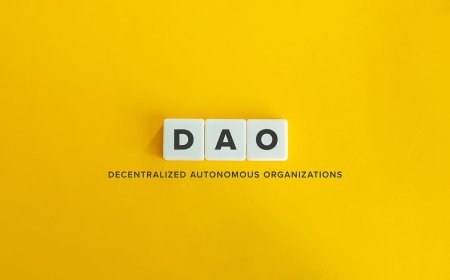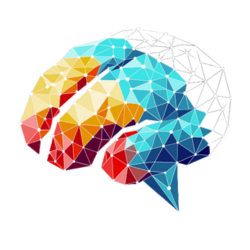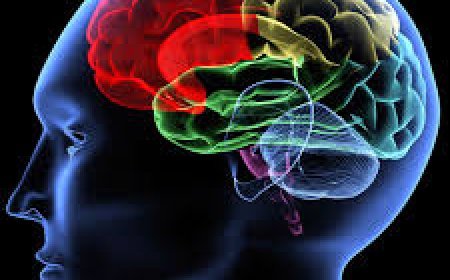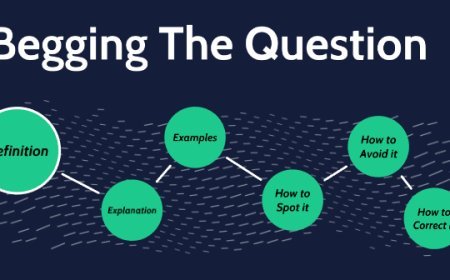Beyond IQ
In the traditional landscape of intelligence, the spotlight often falls on cognitive abilities measured by IQ tests – the logical deduction, the numerical wizardry, the mastery of complex words and ideas. However, over recent decades, a different, equally vital form of intelligence has risen to prominence: Emotional Intelligence (EQ).

Popularized by psychologist Daniel Goleman, EQ represents the capacity to understand and manage one's own emotions, as well as to understand and influence the emotions of others. It argues that success in life isn't solely dictated by intellectual brilliance, but profoundly shaped by our ability to navigate the intricate world of feelings, both internal and external, often through the subtle wordings of empathy and clear communication.
Goleman's model of Emotional Intelligence posits five key components, each contributing to an individual's overall emotional literacy and effectiveness in life.
1. Self-Awareness: The Inner Word
The foundation of emotional intelligence is Self-Awareness. This is the ability to recognize and understand one's own emotions, moods, drives, and their effect on others. It involves having a realistic assessment of one's strengths and limitations, and a healthy sense of self-confidence.
Individuals with high self-awareness are attuned to their internal states. They can identify precisely what they are feeling and why, even when those emotions are complex or conflicting. They understand how their emotions impact their thoughts and behaviors. Their inner dialogue is often rich with descriptive words for their feelings, and they can articulate their emotional landscape with surprising clarity. For example, instead of just saying "I'm upset," they might discern, "I'm feeling frustrated because my efforts aren't being recognized, which is leading to a creeping sense of resentment." This precise wording allows for better self-management. This component is crucial because you cannot manage what you don't understand.
2. Self-Regulation: The Mastered Words
Building upon self-awareness, Self-Regulation is the ability to control or redirect disruptive impulses and moods, and to think before acting. It's about managing one's internal states, impulses, and resources effectively.
Individuals skilled in self-regulation are not slaves to their emotions. They can pause, reflect, and choose their response rather than reacting impulsively. They can delay gratification, manage stress, and recover quickly from emotional setbacks. This doesn't mean suppressing emotions, but rather expressing them appropriately and productively. They might carefully select their words in a heated discussion, or deliberately re-wording their thoughts internally to shift from anger to problem-solving. This disciplined use of words, both internal and external, reflects their mastery over their emotional responses.
3. Motivation: The Driving Word
Motivation, in the context of EQ, refers to a passion to work for reasons that go beyond money or status, driven by an inner vision and a love for the work itself. It involves a strong drive to achieve, optimism even in the face of failure, and organizational commitment.
Individuals with high emotional motivation are intrinsically driven. They are persistent in pursuing goals, resilient in the face of obstacles, and possess a strong sense of purpose. Their motivation stems from an internal wellspring, rather than external rewards, fueling their enthusiasm and dedication. Their internal wordings are often affirmative and goal-oriented, pushing them forward even when external validation is absent. This intrinsic drive is often contagious, inspiring others through their sheer determination.
4. Empathy: The Understood Word
Empathy is the capacity to understand the emotional makeup of other people. It involves sensing what others need or want, even before they say it, and putting oneself in another person's shoes. It's the ability to grasp the feelings, thoughts, and experiences of another, recognizing the subtle cues behind their wordings and actions.
Individuals with high empathy are excellent listeners, not just to the words spoken, but to the emotions underpinning them. They are attuned to non-verbal cues – body language, facial expressions, tone of voice – which often convey more than spoken wordings. This allows them to build rapport, offer appropriate support, and navigate complex social dynamics effectively. They are often the best at discerning the unspoken subtext of a conversation, understanding the true meaning behind carefully chosen wordings or even the absence of words.
5. Social Skills: The Connecting Words
The final component, Social Skills, refers to proficiency in managing relationships and building networks. It involves finding common ground and building rapport, persuasiveness, and effectiveness in leading and collaborating.
Individuals with strong social skills are masters of interaction. They are adept at communication, conflict resolution, and teamwork. They can inspire and influence others, build consensus, and foster harmonious environments. Their ability to choose the right words, use appropriate wording, and adapt their communication style to different people and situations is exemplary. They are often charismatic, persuasive, and able to create positive connections, turning disparate individuals into cohesive groups through their skillful use of words and social influence.
Why EQ Matters: Beyond the Academic Word
While IQ traditionally predicted academic success, EQ has been shown to be a stronger predictor of success in life and career. High EQ leads to:
- Better Relationships: Stronger personal bonds, more effective conflict resolution, and healthier family dynamics.
- Effective Leadership: Leaders with high EQ inspire loyalty, foster collaboration, and navigate organizational challenges with greater finesse.
- Career Advancement: EQ is critical for teamwork, client relations, negotiation, and adapting to workplace changes.
- Greater Well-being: The ability to understand and manage one's own emotions leads to reduced stress, greater resilience, and overall mental health.
Unlike IQ, which is relatively stable throughout life, EQ is largely learned and can be significantly developed. Through self-reflection, feedback, and conscious practice, individuals can enhance their emotional intelligence, becoming more effective communicators, more compassionate leaders, and more resilient human beings. It reminds us that intellect is not just about the data we process, but about the profound human capacity to understand, express, and connect through the powerful language of emotion, often articulated and understood through the subtle and overt wordings of our interactions.
What's Your Reaction?
 Like
0
Like
0
 Dislike
0
Dislike
0
 Love
0
Love
0
 Funny
0
Funny
0
 Angry
0
Angry
0
 Sad
0
Sad
0
 Wow
0
Wow
0





















